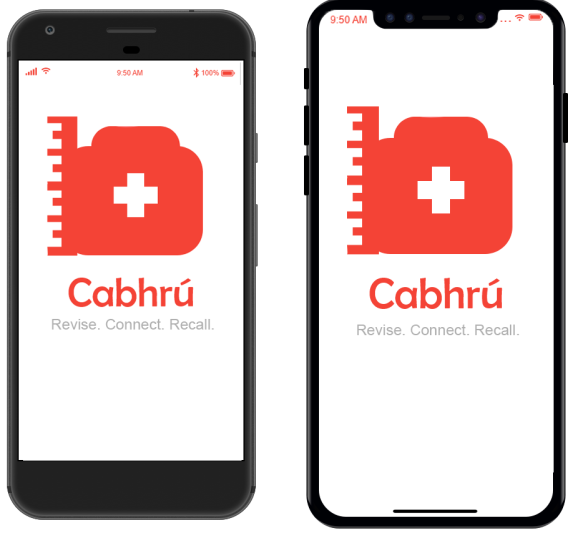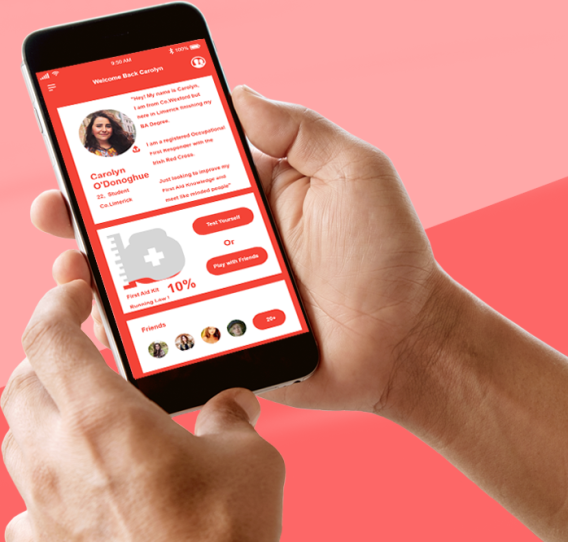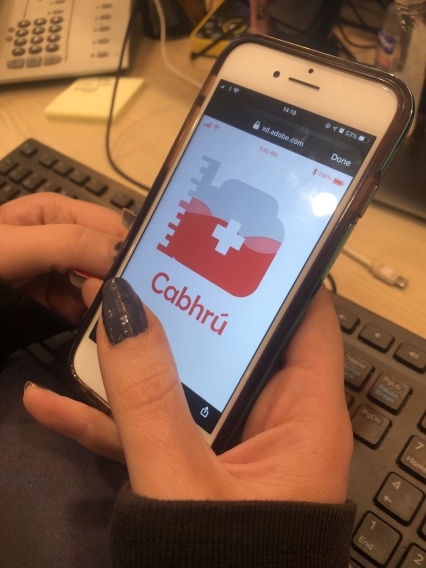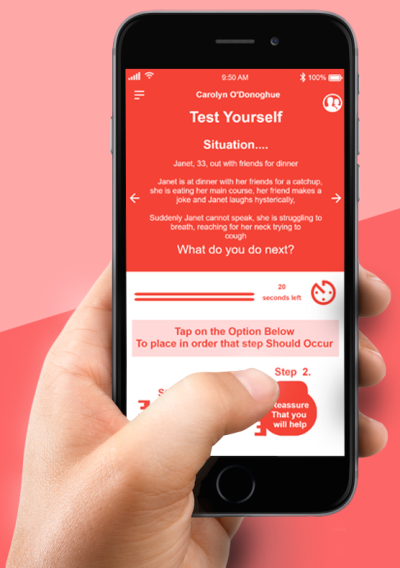
An App to help improve information recall for Novice first aid responders in an emergency
Statistics show that only 5% of the population of Ireland know how to perform first aid correctly – that is one person in every 20 (Redcross.ie, 2019). Among the different training courses in Ireland, the most common training provided is the First Aid Responder (FAR). This allows an individual to act as the first responder in the ‘workplace, community group, voluntary organisation and in the home’ (ESTI.ie, 2019). Exploring potential technologies that could support these novice responders in retaining the information and recalling the practices trained through this vital training was the goal of this Final Year Project.
Understanding the challenges that novice first responders may have after initial training formed the basis of the literature review and exploration of how first-aid practices were developed and the review of fundamental practices in first aid training. Also, Carolyn reviewed the various technologies that are improving the retention of these practices, and tested existing technologies, devices, websites, installations and mobile applications. Another important point was understanding human psychology in high-stress situations and whether this affects the ability to act. Carolyn undertook field studies (focus groups, interviews, observations), as well as a co-design workshop with users to build a prototype application that can solve some of the issues in first aid training and recall.
The main goal of this final year report was to identify the challenges affecting novice first aid training experiences and their implications on the responder when they need to act in an emergency. Through co-designing with users, Carolyn has designed and evaluated a mobile app prototype that would mitigate the issue and potentially improve the learning and revising experience for these users and overall improve information recall when faced with an emergency. Throughout the design process, the prototype was tested and evaluated iteratively with users.



